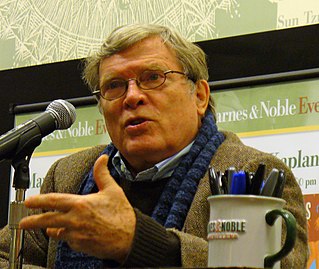Top 38 Quotes & Sayings by D. A. Pennebaker
Explore popular quotes and sayings by an American director D. A. Pennebaker.
Last updated on April 15, 2025.
When you're editing, you're putting it together in a way that makes sense metaphysically. You're not inventing it, but you're finding the story that's there. You're making a play that's eventually going to go on stage and present itself to an audience. You want to show what happened, not exactly what you have evidence of happening.






















